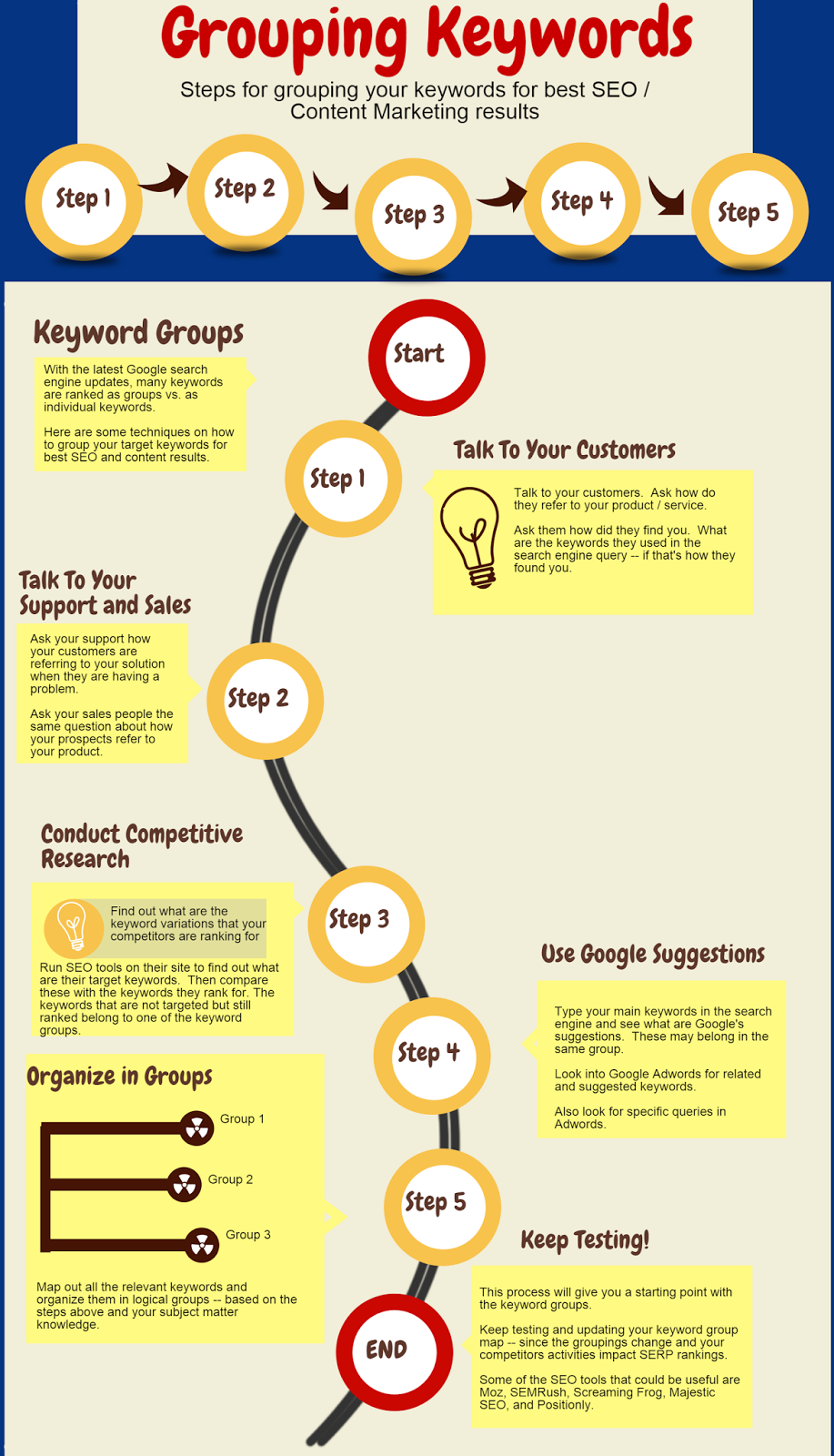What does a winning marketing team look like nowadays?
How different is it from 5 years ago?
There are many new challenges we face today. There are also traditional marketing challenges that never went away.
- Create differentiated positioning
- Create & update messaging
- Establish thought leadership
- Establish a repeatable and scalable lead generation program
- Improve lead conversion rates
- Decrease customer acquisition cost (CAC)
- Gain social and search visibility
- Support sales
- Build meaningful and accurate metrics
- Collect and report daily, weekly, monthly and quarterly numbers
Add all different programs, communication channels and angles that need to be built and maintained:
- SEO
- SEM
- Email nurturing
- Social media
- Industry communities
- Customer boards
- Gamification
- Blogs
- PR
- Analysts
... and much more
The process of addressing these challenges starts with an effective marketing team. To build it, CMOs often have to reconstruct their existing teams. Some skills are unchanged and are still in demand. Others may not be needed anymore or may have morphed into new ones. For example, marketing communications skill has transformed into product journalism and corporate reporting. There are also brand new skills, like SEO Analytics & Messaging Manager.
Below are top 5 essential skills for today's marketing teams:
(NEW) Product Marketing++. This skill is relatively unchanged. You still need somebody on your team that can develop in-depth product, customer and marketplace understanding.
This person has to be able to come up with clear product messaging, top differentiators -- things that none of your competitors can do and things that matter most to your customers.
This person will have to stay connected to your development team, as well as keep abreast of the market and competitive changes in order to update the core message as necessary.
The skill upgrade (the "++" component) comes in the ability to utilize the web, social media, hashtags, communities, SEO and other web tools to proactively conduct competitive research, industry trends analysis, message A/B testing, etc.
(NEW) Product Journalism and Corporate Reporting. (f.k.a. Marketing Communications).
Yes, MarComm is dead. The time of fluffy and meaningless collateral materials is gone. In today's world,
unique and engaging content is the king!
In my previous blog entry I talked about the
heroes and zeroes of content marketing. You definitely want to be looking for a hero -- somebody that has a very creative way of telling your story. This person will break down the higher-level message into many engaging, shareable and (when possible) viral product, customer and industry stories.
Once developed, these stories will have to be further modified, enhanced and formatted to fit well into different channels, e.g. blog entries, press releases, TTL+description, social media blurbs, community posts, emails (or series of emails), etc.
In an essence, each story becomes a mini-launch of content that drives your SEO, improves your thought leadership position, engages your prospects and customers, and generates high quality leads.
It took me a while to figure out the core skill set requirements and find the right fit for this position. I interviewed lots of candidates with marketing communications and product marketing backgrounds, but none of them fit the bill. However, I had a really good luck with finding and hiring people with journalistic experience that have been writing to the audience we are marketing to.
(NEW) SEO Analytics & Messaging.
For many CMOs SEO remains a black box. Yet, there is no dark magic in using SEO to maximize results and generate revenue. No shady practice of buying links. No figuring out how many times a certain keyword has to appear on a page.
There are essentially two important skills here:
1. Ability to find & utilize tools to find relevant information, like numbers, keywords, content utilization, etc.
2. Making sense out of these numbers in order to identify trends, provide actionable suggestions on keywords, landing pages, content needs, inbound lead generation opportunities and lead hacks.
The ideal SEO analytics person will have both analytical and creative skills. There is an increasing number of marketing tools that generate lots of interesting data. But it takes a skill to translate numbers into actionable suggestions. For example, Google Analytics gives you tons of data on site visits. Yet, most of it is buried and is accessible only through custom reporting. A good SEO analytics person will figure out how to make sense out of this data and find relevant and meaningful trends that could show the flow of most valuable visitors, pages and assets, as well as how they change overtime.
A great SEO analytics person will work with your SEO agency to research the latest trends, explore different tools to give you an edge against competition in defining the most valuable keywords, reference sites, competitive moves, link building and PR opportunities (that your PR team / agency has most likely missed).
Ultimately, 80% of your inbound marketing success depends on the right messaging and whether or not you are focusing on the right keywords. Use shortcuts here and you can spend millions on your inbound efforts and not get any meaningful results.
Marketing Automation & SFDC Black Belt.
Marketing automation tools have been around for a while. There are many ways you can use them - from a rudimentary bulk email sending to sophisticated lead scoring, establishing and capturing new types of leads, customer flows, and generating in-depth metrics and powerful dashboards.
Every single one of these areas can get really complex, really quickly. Yet, it can make a huge difference in your bottom line results.
For example, email marketing is a seemingly simple concept, but it has quite a few complexities that can generate results anywhere from no leads to hundreds of leads.
Some of these factors include the ability to create mobile-friendly content, come up with effective subject lines, pick conversion-friendly calls to action, A/B test 5-10 variables, decide on HTML vs. Text vs. Video, pick the most optimal colors, frequency, days of week and times of the day, figure out how to categorize and break down your database, etc.
There is also lots of data that exists in sales and marketing automation tools. It is important to understand and establish a regular flow of critical metrics, such as conversion rates (lead to oppty; oppty to deal), conversion times, numbers of touches, lead sources breakdown, lead lifecycles, etc.
It will bring a complete transparency to marketing activities, as well as a clear understanding of which marketing campaigns do work and which don't. It will allow to shift priorities and marketing budgets to the programs with the best ROI.
For this role, you may want to find a person that has strong skills in analytics, data visualization, presentation, multi-tasking and project management.
Employee vs. Outsourcing. Project Management.
Use contractors in as many areas as possible. Avoid the team bloat and racking up costs that unnecessarily increase your CAC .
However, blindly outsourcing can be a mistake as well. The key thing is finding a working balance for each of critical marketing micro-skills.
For example, SEO and PPC have a very technical component, as well as creative one.
For the technical component, it is almost impossible to match the depth of a good SEO or PPC agency that spends 100% of their time on learning technical details as well as keeping up with the latest trends and changes from Google. It is clearly a good idea to outsource that part.
However, no agency is ever going to develop an intimate understanding of your customer base and your industry. They will never be able to completely nail down your keywords. You may want to have your SEO and content person (people) working closely with the SEO agency for the best results.
That approach works well with other areas too, such as content creation, graphics design, landing page coding, etc.
Needless to say, the more contractors you have, the harder it is to manage them. So it is important to have a team member with strong project management skills to keep all the trains moving and on track. Since the marketing automation person has to be a good project manager too, you may want to combine these two roles in one.
Not a Recipe. Naturally, each company and industry is different. There is no one size fits all recipe for building a winning marketing team. While the skills above are critical and often essential, you will have to assess your specific needs and scale requirements. That may call for adding other skills and team members, e.g. channel marketing, event coordination, lead qualification, etc.
 After receiving several email requests to share the best practices on how to group keywords, I decided to write a blog on that subject. It also gave me a chance to play around with a new infographics maker tool called Piktochart.
After receiving several email requests to share the best practices on how to group keywords, I decided to write a blog on that subject. It also gave me a chance to play around with a new infographics maker tool called Piktochart. 












